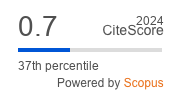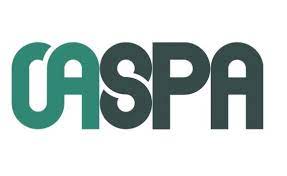The Oral Health Status in relation to Salivary Antimicrobial Peptide in Pregnant Women
DOI:
https://doi.org/10.47723/kcmj.v19i1.905Keywords:
Dental caries, Salivary human, β-Defensin 2, Pregnant womenAbstract
Background: Oral health is a mirror of general health. During pregnancy, oral health is affected by changes in saliva and oral hygiene measures which may lead to more dental caries.
Objective: Assess oral health status in relation to salivary antimicrobial peptides in pregnant women.
Subjects and Method: This cross sectional study was carried out in different primary health care centers in Rusafa sectors/ Baghdad city. The total sample included was 80 women (their age range from 21-30). The study group consisted of 40 pregnant women: half of them were in the first trimester and others were in third trimester, while the control group included 40 non-pregnant married females. Dental Plaque was recorded according to simplified oral hygiene index. Dental caries were diagnosed by using WHO (2013) criteria. Unstimulated salivary samples were collected. Chemical analysis of salivary samples was performed for the detection of human β-Defensin 2.
Results: The current study revealed that dental caries experiences (decayed surfaces(DS), missed surfaces (MS) and decayed, missing, filled surfaces(DMFS)) were higher among pregnant than non-pregnant females especially in the third trimester, add percentage with no significant differences, while filled surfaces (FS) were higher in the control group with also no significant difference. Regarding plaque index, results revealed that pregnant women had higher plaque index than non-pregnant women, with significant higher per-centage (53.3%) in the third trimester, P value = 0.027. The salivary human β-Defensin 2 was higher among the pregnant group in the third trimester with statistically no significant difference.
Conclusion: More plaque accumulation during pregnancy may explain the higher preva-lence of dental caries as the dental plaque considered to be the chief contributing factor in dental caries.
Downloads
Published
Issue
Section
License
Copyright (c) 2023 AL-Kindy College Medical Journal

This work is licensed under a Creative Commons Attribution 4.0 International License.














